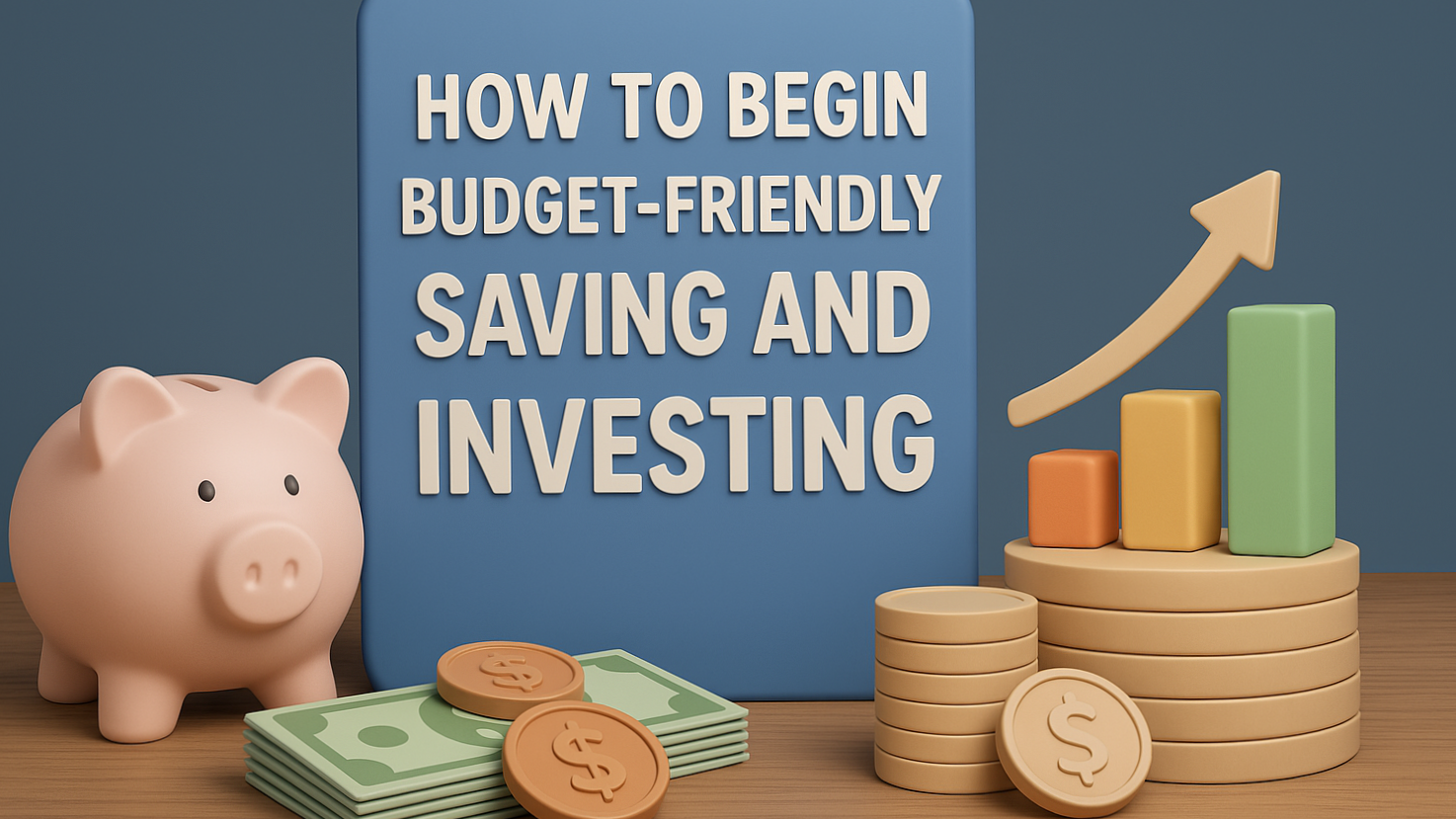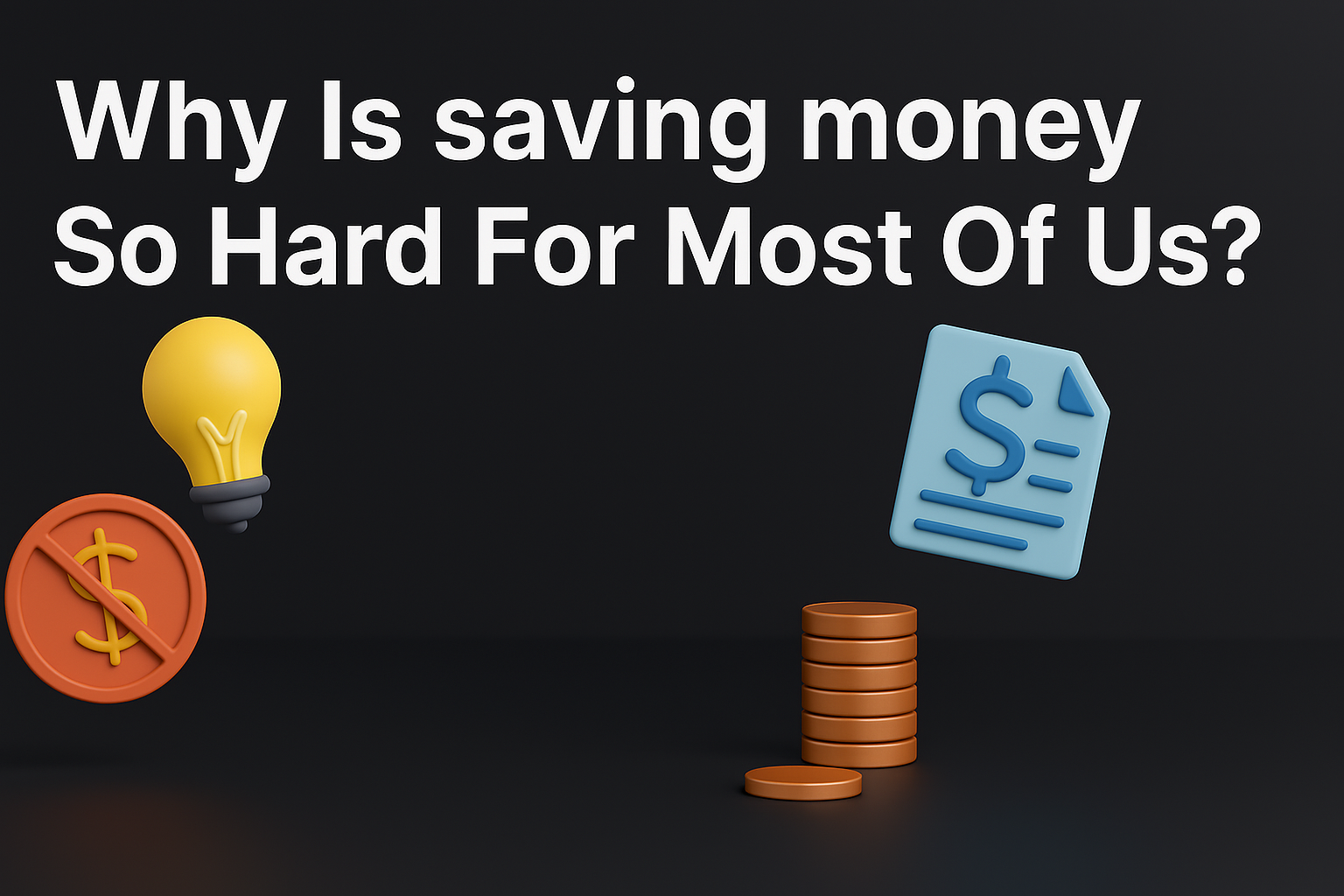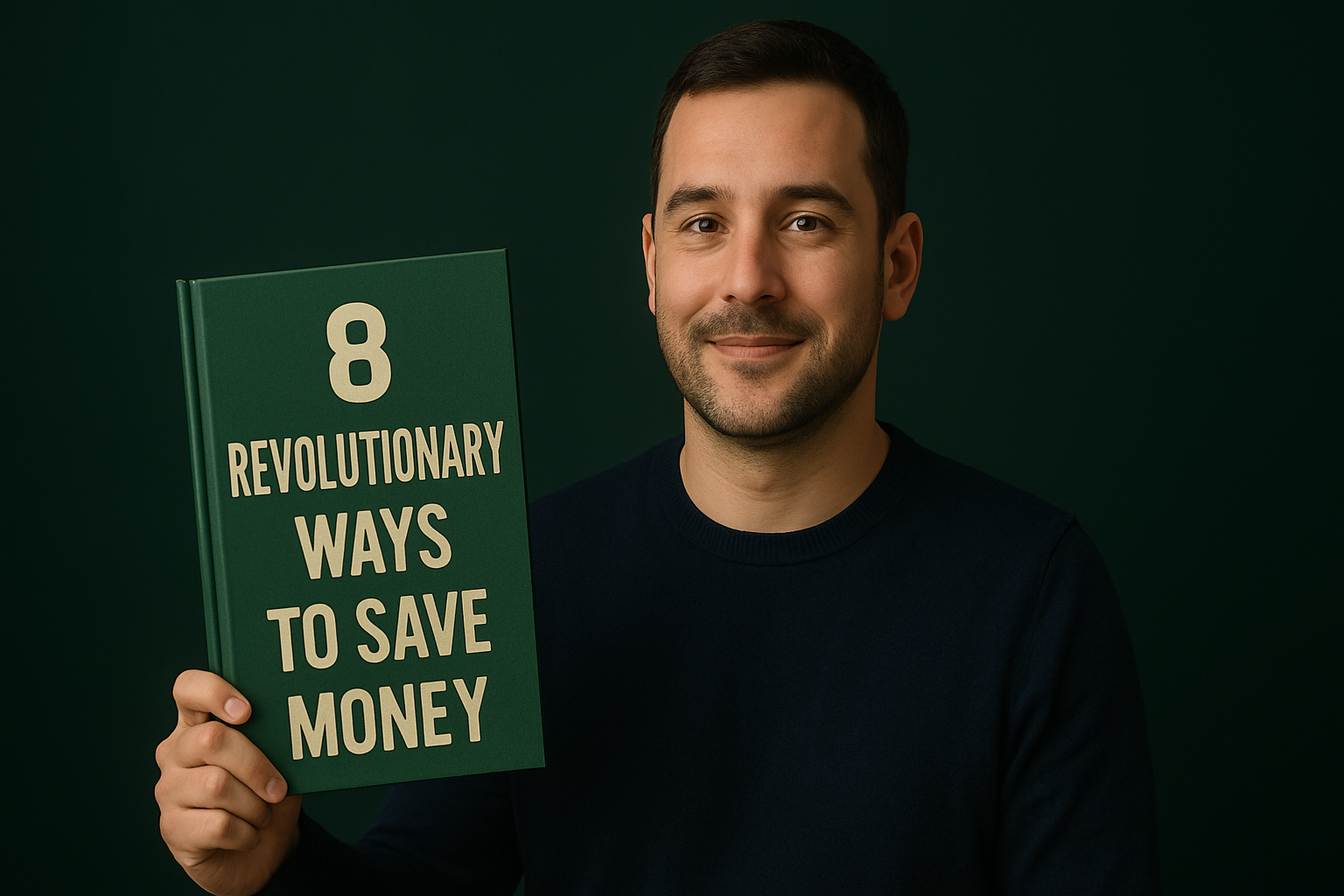Imagine putting in the hours and working hard every day, but your bank account never appears to increase. You're not alone. Millions of people struggle to make money but never really accumulate wealth. Hidden money blunders slowly drain their finances, leaving them caught in a loop of earning and spending without advancement.
In this enlightening blog, we'll explore the most frequent financial errors that undermine your success—errors you may not even be aware you're making—and by the end, you'll have a clear plan to change your financial future, transforming minor adjustments into significant outcomes. Are you prepared to take charge? Let's get started.
The Paycheck Trap: Spending Before Saving.
Considering one's paycheck as a spending allowance rather than a tool for accumulating money is one of the most significant financial errors one can make. Do you spend your money on groceries, bills, and other indulgences as soon as it lands in your account, leaving virtually nothing behind? This is known as the **Paycheck Trap**, a pattern in which you put spending ahead of saving, which guarantees that you will never succeed.
Set aside a portion of your income—even if it's only 5–10%—for investments or savings before you spend a single dime. By forcing you to live off what's left over rather than what you make, this minor change gradually increases your wealth. When you consider that you would have more than **$100,000 in 20 years** if you saved $200 a month and received a modest 7% yearly return. However, because they spend first and save "whatever's left," most people never notice this growth. Spoiler alert: Nothing is ever left. The answer? Put your savings on autopilot. As soon as you receive your paycheck, set up direct payments to an investing portfolio or high-yield savings account. By doing this, you're creating your future without using willpower.
Example:- Sarah's monthly income is $3,500. She used to save just when she had extra money and spent it all. She started putting $350 (10%) into investments automatically after learning about the Paycheck Trap. Her portfolio has increased to over $25,000 in just five years, and she hasn't even noticed the difference in her day-to-day existence.
2: Undervaluing Minor Costs (The $5 Latte Effect—But Worse)
You've likely heard of the Latte Effect", which is the notion that you may save money by eliminating little everyday expenses like coffee. The catch is that the invisible leaks in your budget, rather than the odd latte, are the true issue. Unused gym memberships, meal delivery bills, subscription services, and impulsive Amazon purchases all mount up over time, costing hundreds or even thousands of dollars annually. The worst thing? You're not even aware. The majority of individuals disregard the minor, recurring expenses while keeping track of larger ones, like rent or auto payments. The quiet murderers of riches, however, are these. A $50 weekly takeout habit, a $30 monthly app charge, plus a $12 Netflix membership, total more than $4,800 a year, enough to establish a side business, buy stocks, or pay for a trip. Perform a monthly "expense autopsy" as the remedy. Examine each purchase you've made in the past 30 days and ask yourself Did this provide me with value? Am I able to survive without it?
Pro Tip:- To automatically track spending, use apps like Mint or YNAB (You Need A Budget).
3. Mistake: Ignoring the market and allowing inflation to eat away at your profits.
Although it may seem secure to keep all of your money in a savings account, doing so is one of the riskiest financial decisions you can make. Why? You are essentially losing 2.5% annually if your money grows at a rate of 0.5% in a bank and inflation is 3%. That implies that, simply by sitting about, $10,000 now might only be worth $7,800 in ten years. The answer? Invest, no matter how tiny. You don't have to know everything about Wall Street. You may start with as little as $100 and increase your money at a rate of 7–10% per year with index funds, exchange-traded funds, and robo-advisors. Compound interest is crucial.
Obtaining returns on your returns. You would have more than $450,000 if you invested $300 a month for 30 years at 8%. But what if you keep the money in cash? $110,000, perhaps, but with less purchasing power. Myth Buster: "Gambling is investing." False. Investing is holding shares of successful companies; gambling is wishing for luck. Even a diversified portfolio can outperform inflation and lower risk.
4 (The Credit Card Safety Net Disaster): No Emergency Fund
Automobile accidents, medical crises, and job loss are all part of life's unpredictability. It is risky to rely on credit cards as a "safety net." High loan rates (20–30% APR) make a $1,000 repair into a nightmare that costs more than $1,500.
The remedy? Store it in a different, conveniently located account. This fund serves as your financial safety net against life's unforeseen expenses, not for shopping or holidays. Impact on Real Life When Jake's laptop, which was necessary for his remote work, failed, he had no emergency fund. It took him three years to pay it off with minimum payments, totalling $1,800. He could have completely avoided debt if he had saved just $100 a month.
5: The Get-Rich-Quick Delusion: Seeking Fast Cash:-
Stories of overnight success—crypto millionaires, dropshipping empires, viral side projects—abound on social media. Chasing “fast money” leads to dangerous bets, fraud, and wasted time.
For Example, Lisa lost the $5,000 she paid for a "guaranteed" forex trading training in a few weeks. Her pal Mark, meanwhile, studied digital marketing, worked as a freelancer for two years, and now makes $10,000 a month. Sustainable effort defeats luck every time. What's the difference?
Your Wealth-Building Blueprint.
It's time to take action now that you are aware of these financial errors. Start small by investing $50 a month, tracking your spending, automating savings, and accumulating an emergency fund. The secret to wealth is smart practices repeated over time, not luck. Are you prepared to change your financial situation? Click subscribe to receive more revolutionary advice and put these realisations into practice right now. It will be appreciated by your future self.
🚀 What is the one financial error you are currently making?


.png)
.png)
 Tajib Ali
Tajib Ali







Comments (0)
Leave a Comment